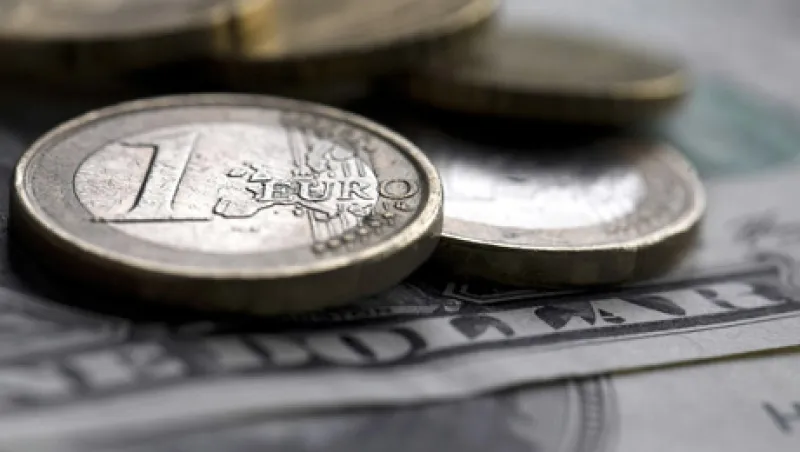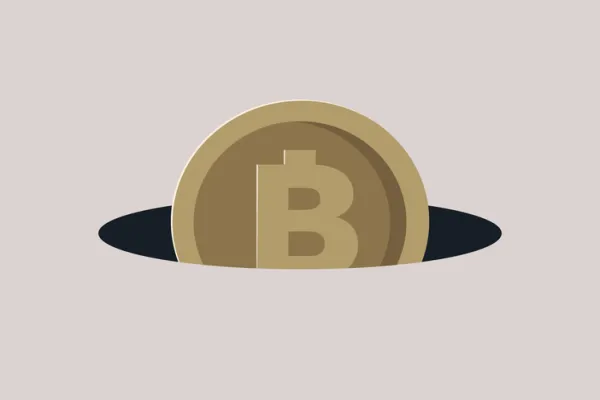While the recent decline of the euro — it’s down about 7 percent against the U.S. dollar in the last three months — has captured everyone’s attention, what’s been less clear is that the dollar is also moving down at the same time.
Since the Eurodollar rate is the bellwether of the currency markets, you have to look outside to see the dollar’s relative moves. In the last month or so, both the Japanese yen and the Australian dollar have moved higher against the U.S. currency. The Aussie dollar is up about 1 percent and the yen is up almost 2 percent. “It’s unusual to see the Aussie and the yen rally against the dollar at the same time,” says David Bloom, currency strategist at HSBC in London. Normally, the Aussie declines when the yen rises, he notes. But now investors have no choice when looking for alternatives. “People are selling euros, but they are unhappy to buy dollars.”
The Aussie dollar is considered a risk-on currency, meaning that it comes into favor when investors are willing to take risks. Its recent rise is the more surprising because a slowdown in China’s economy was thought to mean that Australia’s exports of commodities to China would also diminish, reducing demand for the country’s currency.
Bloom says that investors are concerned about the outcome of the U.S. presidential election and what that implies about the so-called fiscal cliff — the end of the Bush tax cuts and a number of other measures that are scheduled to take place at the end of the year.
Alan Raskin, macro strategist at Deutsche Bank in New York, says the main investor concern is whether or not the election will produce policy gridlock with the Democrats in control of the White House and possibly the Senate and Republicans controlling the House of Representatives.
“It doesn’t matter who is winning, the most important thing is whether we are headed for gridlock or not,” Raskin says. “There is much more probability of gridlock under Obama, and the dollar will be affected if the polls show him ahead.”
Another factor affecting the dollar is the possibility that the Federal Reserve will engage in another round of quantitative easing by buying bonds in an effort to lower interest rates. That tends to dampen interest in the dollar.
Raskin says Friday’s slower than expected GDP growth rate of 1.5 percent means that the likely scenario is now for quantitative easing to be implemented in September rather than in August.
Robert Sinche, global head of FX strategy at Royal Bank of Scotland, said in a note that potential Fed action to stimulate the economy is likely to “stall or reverse slightly recent U.S. dollar gains, even versus the weaker euro.”
HSBC’s Bloom says that investors are so hungry for an alternative to the dollar that they have even driven up the Polish zloty, which usually declines when the euro does.
“If you don’t want euros or dollars then you have to buy everything else because those two are just so big,” he says.






